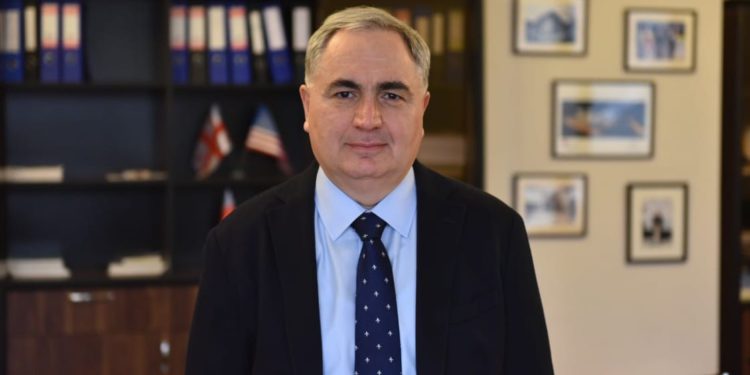“Back in December when a 2021 Draft State Budget was submitted to the Parliament for endorsement, I asserted that National Bank of Georgia (NBG) would have to tighten the monetary policy,” stated MP Irakli Kovzanadze, Fiscal Committee Chair when commenting on the decision made by the NBG.
In his opinion, an increase of the monetary policy rate was not unexpected for reducing the growing pressure on inflation in the given circumstances. The Fiscal Committee Chair of the Parliament of Georgia states that a coordinated work of fiscal and monetary authorities is vital in the conditions of the current economic crisis.
“High budget deficit, high government debt, high inflation and exchange rate remain to be the main endogenic challenges of our economy, while pandemic and rising prices on commodities at international markets – main exogenic challenges. Coordinated work of fiscal and monetary authorities, along with timely decisions, is vital in the given circumstances,” notes MP Kovzanadze.
NBG made a decision to tighten the monetary policy today, resulting in an increase of the refinancing rate by 50 percentile points to the ultimate 8.5%.
The decision released by the NBG today elaborates the reasons for tightening the monetary policy. NBG notes that inflation expectations are put under pressure in the country by keeping the national currency at a depreciated level for a long time in the conditions of high dollarization. The monetary policy rate was thus increased to reduce the referred pressure. Besides, international prices are rising on a number of commodity groups, including oil prices.
As a result of the monetary policy rate increase, borrowers who have an interest rate pegged to refinancing will experience an increase in their debt service.
Related Story: National Bank of Georgia Raises Monetary Policy Rate by 50 Basis Points














